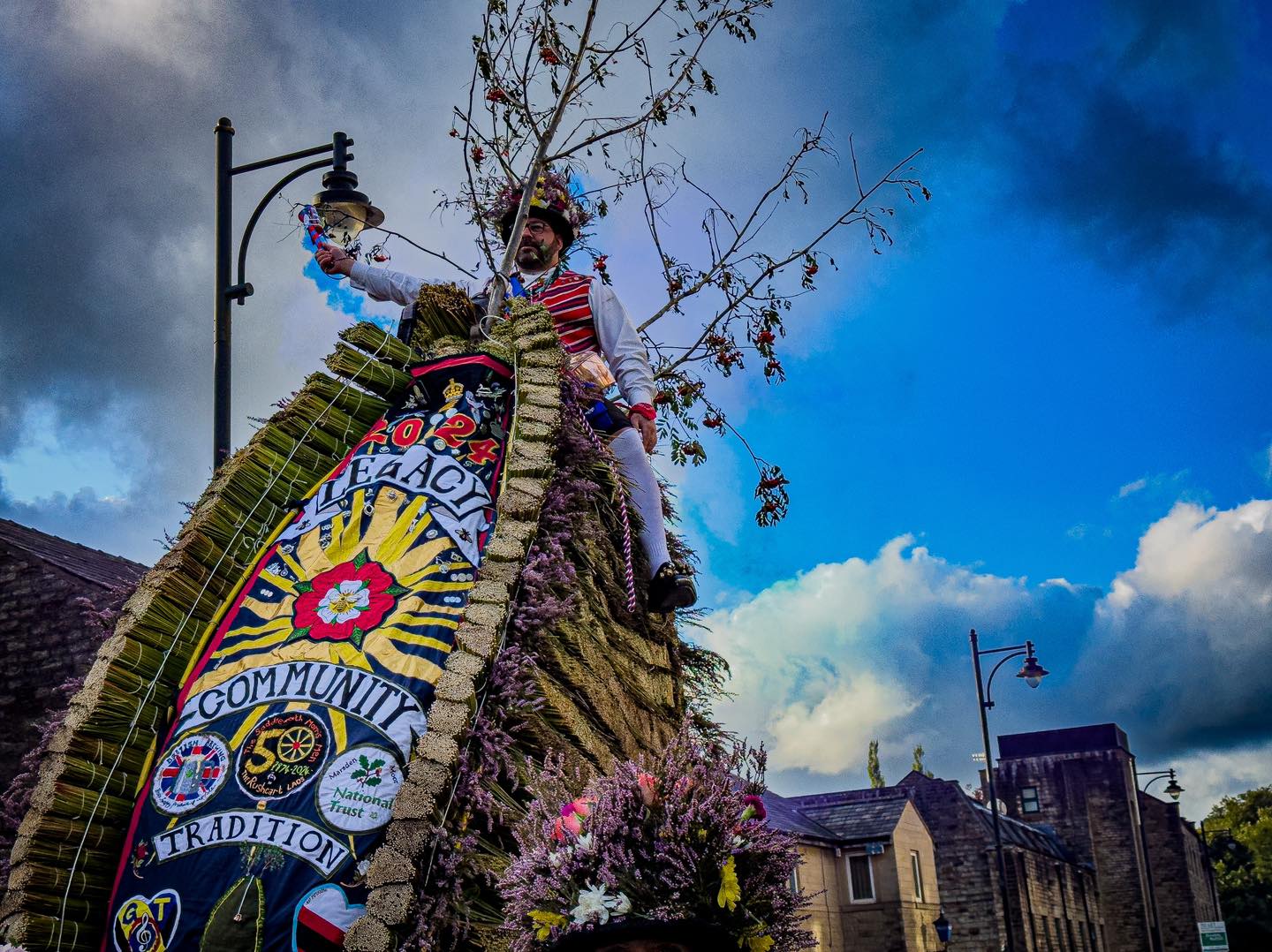 How to call an Ambulance
How to call an Ambulance

It seems simple. Dial 999, give your address and wait for the ambulance. But calling for an ambulance can be a stressful experience, especially if someone you know is injured.
Let's hope you never have to dial those three digits. But if you do, remember these simple things:
 Try to speak clearly
Try to speak clearly
Remember the operator can't see the situation. They are relying solely on what you tell them, speaking clearly and explaining the situation will help them greatly. Try and give clear and concise answers to the questions they ask.
 Know the location
Know the location
While calls from landlines and public phone boxes can normally be traced by the ambulance service, calls from mobile phones cannot be pinpointed. Try and give the exact location using landmarks and local knowledge if you can.
Following on from this, if possible then always send someone to flag down and meet the ambulance.
 Answer questions as best you can
Answer questions as best you can
The operator will ask you for your telephone number. This is so that if the line is disconnected they can call you back. They will also ask you for your address and the nature of the emergency.
Then, they'll have a few questions about the person, such as “Are they responsive?” and “Are they breathing?”. It’s important that you answer as well as you can. If you don't know the answer, then say so. Answering these questions will not delay the ambulance.
Unlike the films, 999 calls can take time. Be patient with the operator - they are trying their best to help you.
The questions they ask are important as they help the operator assess the severity of the call and send the right level of emergency help.
 Follow the instructions
Follow the instructions
The operator is trained to give simple first aid instructions over the phone (such as how to help someone who is unresponsive and not breathing). Even if you haven’t done any first aid training you can still follow these instructions to help the person. Remember, it’s far better to do something than nothing.
 Stay with the person
Stay with the person
Always stay with the person in case their condition changes (for example, they stop breathing or become unresponsive). If this happens it's important that you call 999 again and update the operator.
Staying calm and understanding how to call for help in an emergency situation can save lives.
Knowing basic first aid can save lives. It can also take some time for ambulances to reach critically ill patients, especially in heavy traffic or poor weather conditions. In these situations, knowing lifesaving skills could make all the difference.
Medical Teams for your event
Aside from medical coverage, we can assist with major incident planning, risk assessments, and communication with local NHS ambulance services and hospitals.
The Purple Guide, created in collaboration with the HSE, outlines event requirements and coverage levels. The Purple Guide is followed by NHS trusts.
We will work with you and officials, including the safety advisory group (SAG), to develop and agree on provision.
CAUTIONS ABOUT USING FIRST AIDERS AT EVENTS
First aid is very basic, and they cannot deal with anything else effectively. Our medical coverage is far more extensive.
Many coroners and public inquiries have stated that event environments require more resources than first aiders.
Our first-aid coverage works alongside higher grades.
Met public safety requirements with us!

Everything you need for your events medical requirements
First aiders and Medical Teams from Catseye Response Medical Services

Event First Aid Provider
Our team is equipped to handle various medical needs, ensuring that every patient receives personalised attention and care

Ambulance
Speed and efficiency with our DCA Ambulance fully equipped the same as a Frontline NHS Ambulance

Motorsports Events
A wealth of experience in motorsport event operations and planning we provide teams for in stage and service areas



